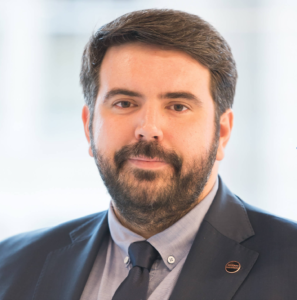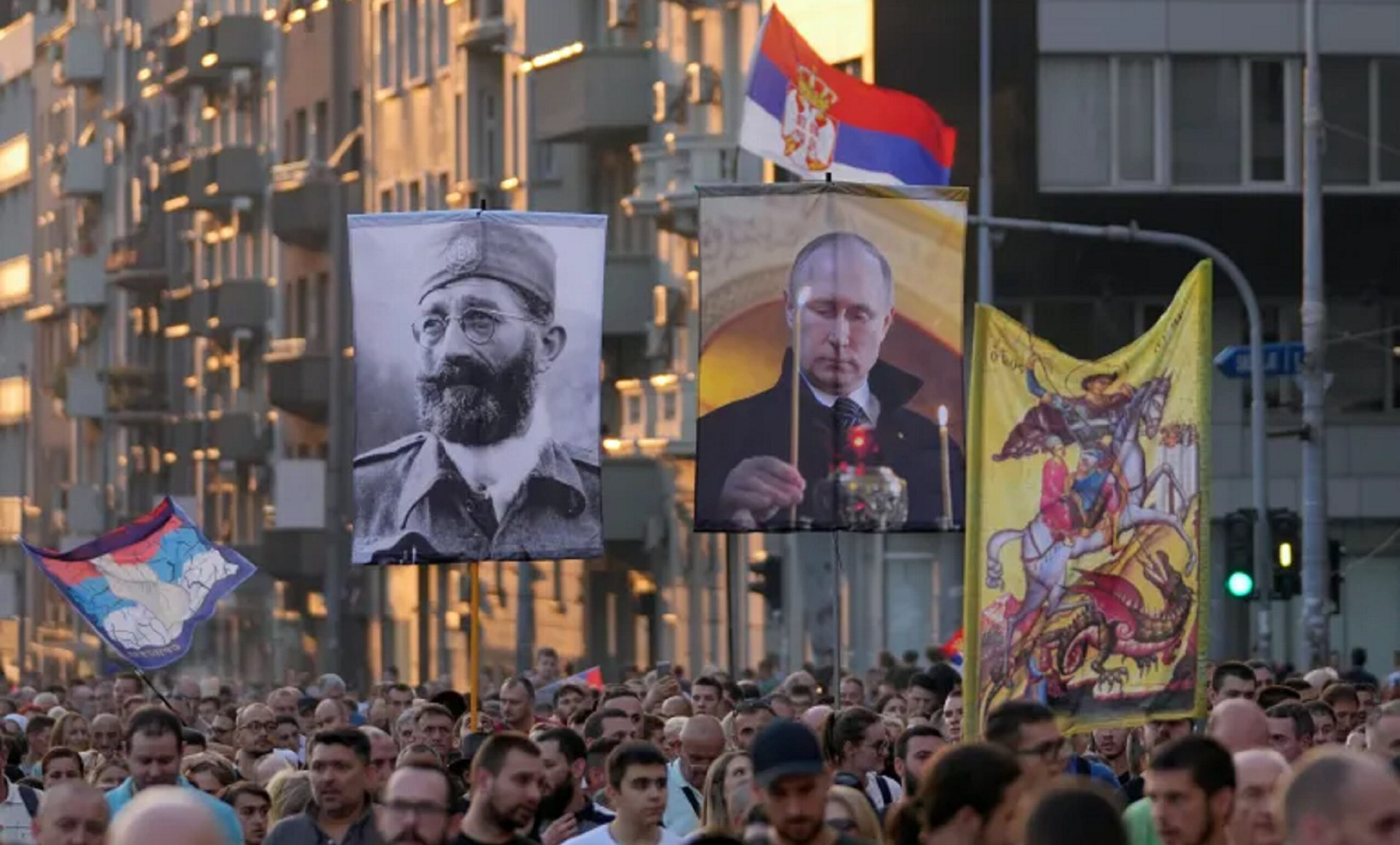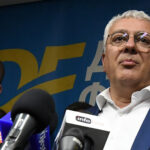The concept of the “Russian world” as a transnational community finds its roots in the early 19th century, particularly in the Theory of Official Nationality or Theory of Official Nationalism. This theory, promulgated by Sergey Uvarov, was a defensive response to the influx of Enlightenment and bourgeois ideas brought back by young Russian aristocrats from the Napoleonic wars. These ideas eventually fueled the Decembrist movement, which was brutally suppressed. In the aftermath, Uvarov proposed a new ideological doctrine for Russia, encapsulated in the triad: Orthodoxy, Autocracy, and Nationality. This became the ideological bedrock of Russian conservatism.
For centuries, Russia was seen as the last bastion of European conservatism, a power that defended and restored the ancien régime in Europe. Emil Suvestr aptly remarked on the power ideas: “Or, dans toute question humaine, il y a quelque chose de plus puissant que la force, que le courage, que le génie même: c’est l’idée dont le temps est venu” (In all human affairs, there is something more powerful than strength, courage, or even genius: it is the idea whose time has come).
Russian conservatism, fortified by Uvarov’s triad, effectively suppressed liberal thought and reform for decades. The rigid adherence to autocracy and orthodoxy stifled any progressive movements within the country. This suppression, coupled with the resistance to modernizing reforms, eventually led to multiple revolts and uprisings throughout the 19th and early 20th centuries. The most significant and final of these upheavals was the 1917 Revolution, which resulted in the abdication of Tsar Nicholas II and the rise of the Bolsheviks. This marked the end of the Romanov dynasty and the autocratic rule that had defined Russia for centuries, highlighting the destructive potential of prolonged ideological repression.
After the October Revolution, Russia transformed from a bastion of conservatism to an arch-enemy of Western conservative values.
After the fall of the Berlin Wall and the collapse of the USSR, new forms of cooperation emerged. During the 1990s, many American Christian missionaries saw Russia as a “promised land.” Initial contacts were made between evangelicals, Russian nationalists, and the Russian Orthodox Church. Yet, as Vladimir Putin’s regime solidified, the space for such cooperation diminished, and Russia became increasingly insular.
Today, many mistakenly view the conflict between Russia and the West as purely non-ideological, a clash between a corrupt, violent regime and democratic ideals. While partially true, this perspective overlooks Russia’s revival of an ideological raison d’être centered on autocracy. The new Russian world, based on values defined by Uvarov nearly two centuries ago—Orthodoxy, Nationalism, and Autocracy—has gained global traction. Initially presented as Surkov’s “sovereign democracy,” it now resonates with far-right movements in Europe and America, making Putin a popular figure among white Christian nationalists in the US and the European far-right.
While still without structure, this new moralist international-in-making, aims to effectively replace the Comintern, finding numerous allies in the West. In their book “Moralistic International: Russia in Global Culture Wars,” Kristina Stoeckl and Dmitry Uzlaner discuss how Russian conservative thought has internationalized its narrative. This narrative underpins Russia’s current constituency cultivation efforts, through which it exerts influence in Western societies. Notable examples include figures like Marine Le Pen and the former Austrian minister now residing in St. Petersburg.
Homophobia, xenophobia, anti-immigrant movements, conspiracy theorists, and anti-vaccine activists receive both direct and indirect support from Russia. These efforts aim to destabilize societies by fostering polarization, reducing space for dialogue, decreasing trust in institutions, and ultimately impeding timely and informed decision-making. Russia seeks to create chaos, seeing opportunity within it. To establish a new order, the disorder must first be instigated, and Russia has been effective in this strategy.
In the Western Balkans, the regional order established after the 1990s wars and NATO’s 1999 intervention does not align with the national interests defined by the current Serbian regime. Like Russia, Serbia is interested in challenging this order. Serbian nationalism and the Serbian government implement policies inspired by the Russian world concept. The “Serbian world” is a new manifestation of an old idea, rooted in Serbia’s national strategy for its regional relations.
Under the guise of preserving Serbian identity and culture—exemplified by the Serbian Orthodox Church and the Cyrillic script—a new agenda is being implemented. This long-standing campaign sees new authorities funding Orthodox fraternities, ostensibly charitable organizations that in reality function as militant radicalization groups. Cultural festivals promoting the Cyrillic script provide platforms for spreading homophobic ideas and conspiracy theories.
The Serbian Church has also been active in opposing progressive laws, such as the gender identity law in Montenegro that would allow individuals to self-declare their identity. The Serbian patriarch has labeled gender-sensitive language as a tool against the Orthodox religion. This alignment with Russia’s conservative agenda positions Serbia as a significant player in the moralist international, echoing the strategic alliances of the Comintern era.
In conclusion, the revival of a conservative international led by Russia and supported by Serbia represents a significant force in the global ideological landscape. This alliance seeks to reshape political and social norms through a shared commitment to Orthodoxy, Nationalism, and Autocracy, challenging the liberal democratic order that has dominated the West since the end of the Cold War. The implications of this ideological struggle are profound, affecting not only the stability of the Balkans but also the broader geopolitical balance. As these conservative forces continue to gain traction, the global community must remain vigilant and responsive to the threats posed by this new moralist international.
The articles published in the “Opinions” column reflect the personal opinion of the author and may not coincide with the position of the Center
Ljubomir Filipović. Montenegrin political scientist




